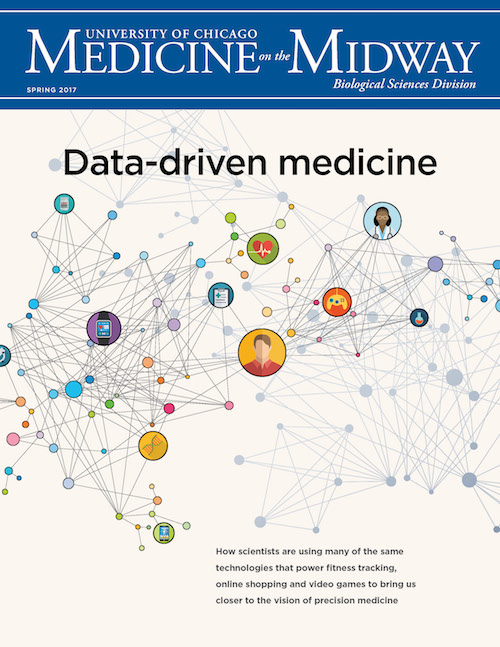Google has announced announced a new partnership with University of Chicago Medicine which will take advantage of the CRI’s experience and expertise in working with biomedical data and predictive algorithms.
The Google team will work with University researchers to apply advanced machine learning techniques to de-identified patient data. These models may detect patterns that enable doctors to predict future health events — meaning they could anticipate patients’ needs before they arise, improve outcomes, and save lives. The partnership will expand on work in this area that is already in progress at UCM, such as the eCART model for predicting cardiac arrest.
Read more about the partnership in the Chicago Tribune and on Google’s blog.


